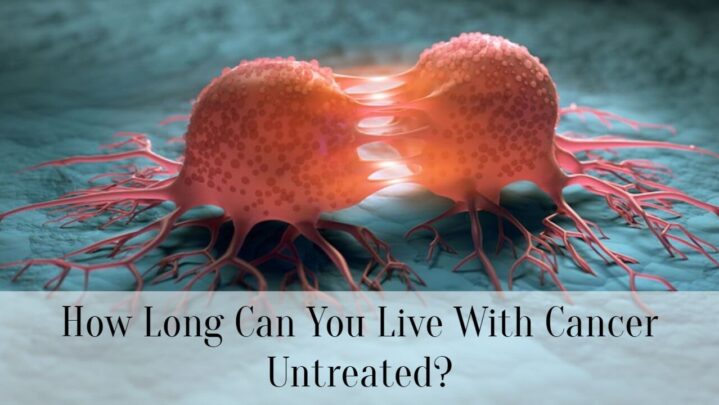In general, untreated cancer can spread to other regions of the body and create serious consequences, thereby shortening a person’s life.
If cancer is not treated, it can spread to other organs and tissues in the body through a process known as metastasis, in which cancer cells break out from the initial tumor and migrate through the bloodstream or lymphatic system. This can result in serious damage to important organs including the lungs, liver, or brain, as well as life-threatening consequences.
The untreated cancer survival rate varies based on the kind of cancer. Even at advanced stages, some diseases, such as testicular cancer or Hodgkin’s lymphoma, have a high cure rate. Others, such as pancreatic cancer or lung cancer, have a low cure rate and a bad prognosis, even when treated aggressively.
Individuals may opt to avoid treatment in some situations owing to personal beliefs or worries about therapeutic adverse effects. In these circumstances, the person may choose alternative therapy such as dietary adjustments, herbal medications, or acupuncture. While these therapies may provide some symptom alleviation, they are not a substitute for medical therapy and can be harmful if used instead of approved medical care.
Finally, the greatest approach to cancer treatment is early identification and management. Frequent screenings and check-ups with a healthcare practitioner can aid in the detection of cancer at an early stage when it is most curable.
Source: American Cancer Society





